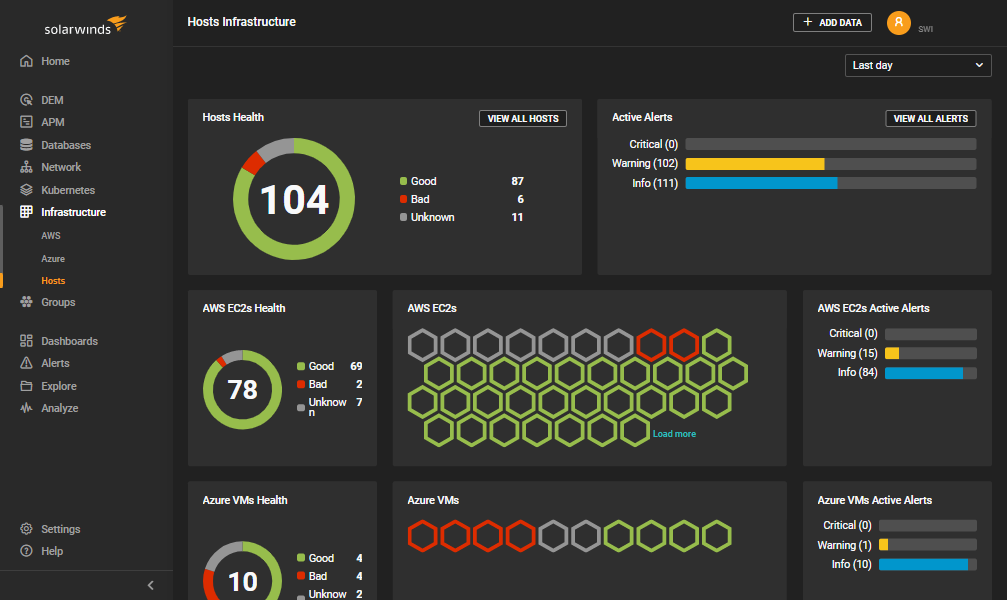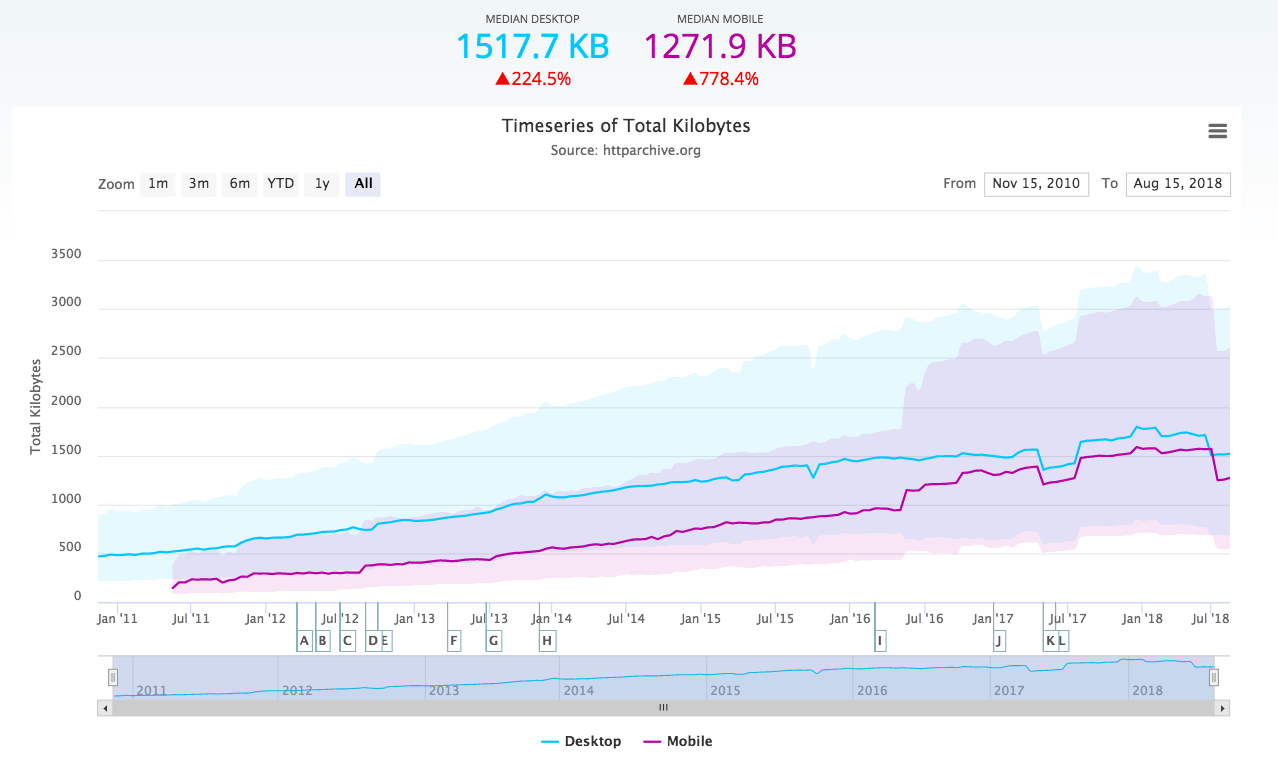The future of mobile phones is software, not hardware


It’s easy to forget that just 20 years ago, mobile phones were a rarity (and the size of a brick). These days we all take them completely for granted and everybody has one.
All these years, mobile makers have competed with each other mainly by trying to outdesign and outfeature each other on the hardware end. Hardware, hardware, hardware. It’s always been the focus. Making the phones smaller, putting cameras in them, making the screens better, and so on. Tech specs were the way to stand out.






 As you may know, PayPal suffered from downtime yesterday. Overall, the problems lasted approximately 4.5 hours before being fully resolved. Since a significant number of e-commerce sites and online services handle some or all of their transactions through PayPal, how much money did the PayPal outage end up costing its users?
As you may know, PayPal suffered from downtime yesterday. Overall, the problems lasted approximately 4.5 hours before being fully resolved. Since a significant number of e-commerce sites and online services handle some or all of their transactions through PayPal, how much money did the PayPal outage end up costing its users?
 Tomorrow is
Tomorrow is 
 How long have today’s most popular websites been around? This is a survey of when today’s top 50 websites began their lives.
How long have today’s most popular websites been around? This is a survey of when today’s top 50 websites began their lives. We stumbled upon this street sign on Flickr and just couldn’t resist putting this composite together.
We stumbled upon this street sign on Flickr and just couldn’t resist putting this composite together. In June Google launched
In June Google launched  We know Twitter is getting a lot of press these days, but how much? And how much media attention are they getting compared to other hugely popular sites and companies like Facebook, YouTube and Google? Read on to find out.
We know Twitter is getting a lot of press these days, but how much? And how much media attention are they getting compared to other hugely popular sites and companies like Facebook, YouTube and Google? Read on to find out. Sony Ericsson just reported a
Sony Ericsson just reported a  There has been some speculation recently whether Twitter should be
There has been some speculation recently whether Twitter should be  Are you a programmer? Want to do something for the environment and even make the world a better place? Then start optimizing your code!
Are you a programmer? Want to do something for the environment and even make the world a better place? Then start optimizing your code! When talking about measurements, why be like everyone else and use the standard metric system or American units when you can stand out considerably by making almost no sense at all?
When talking about measurements, why be like everyone else and use the standard metric system or American units when you can stand out considerably by making almost no sense at all?
 There are plenty of both formal and informal rules that programmers love to quote, either because they’re fun or quirky, or simply because they are useful and thought-provoking.
There are plenty of both formal and informal rules that programmers love to quote, either because they’re fun or quirky, or simply because they are useful and thought-provoking. For those of you who use our Mr. Uptime Firefox extension, we just wanted to let you know that we have updated it for Firefox 3.5.
For those of you who use our Mr. Uptime Firefox extension, we just wanted to let you know that we have updated it for Firefox 3.5.



















